European Council President Donald Tusk and European Commission President Jean-Claude Juncker will meet with Chines Premier Li Keqiang in Beijing today for discussions on some practical topics. Ahead of the meeting European Commission spokesman Margaritis Schinas said the meeting will focus on “trade and investment, on the commitment to combating climate change and investing in clean energy and on foreign and security issues, including the situation on the Korean peninsula”. And, the two sides will also talk on the joint commitment to the Iran nuclear deal.
Chinese Ambassador to the EU Zhang Ming wrote in an article in the official People’s Daily, urging to deepen cooperation to address global challenges. In particular, he said both sides should “send out a positive message to safeguard multilateralism, liberalize and facilitate trade and investment.” Zhang added that “Both of them recognize the necessity to firmly resist unilateralism and trade protectionism, guard the rule-based multilateral trading system with the WTO at its core, push economic globalization in the direction of becoming more open, inclusive, balanced and beneficial to all, reform multilateral trading system with the times, and perfect global economic governance system.





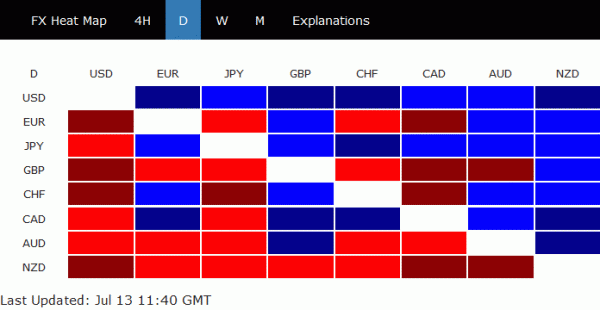
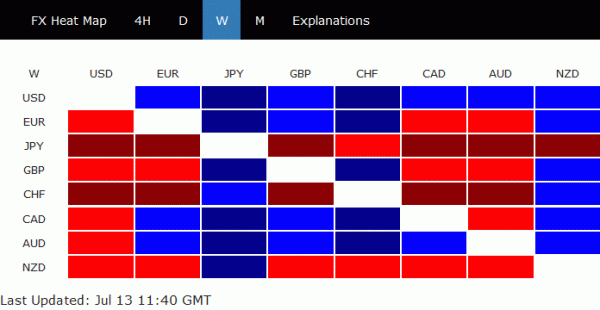
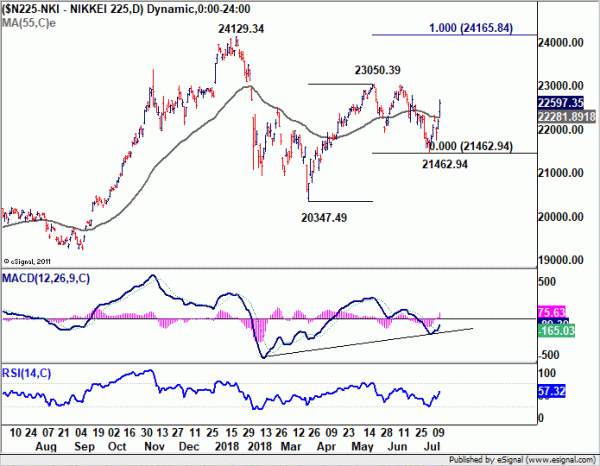
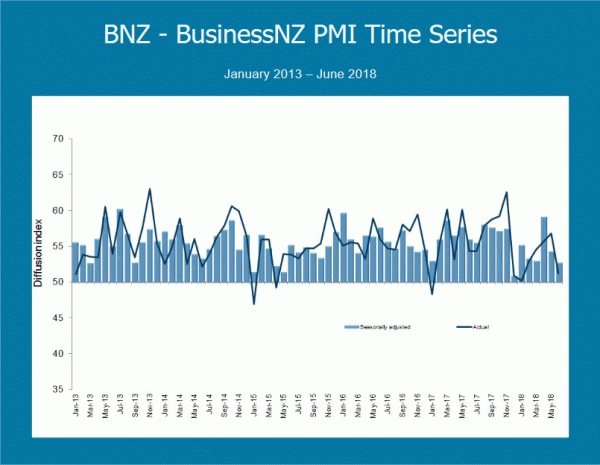
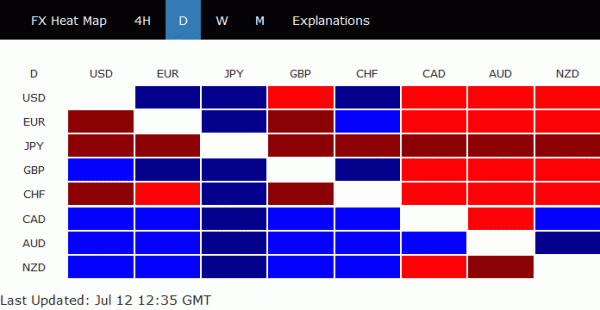
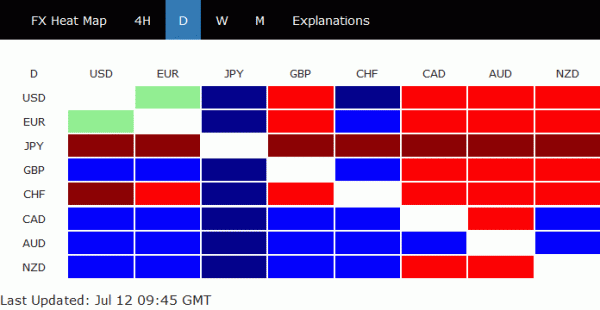
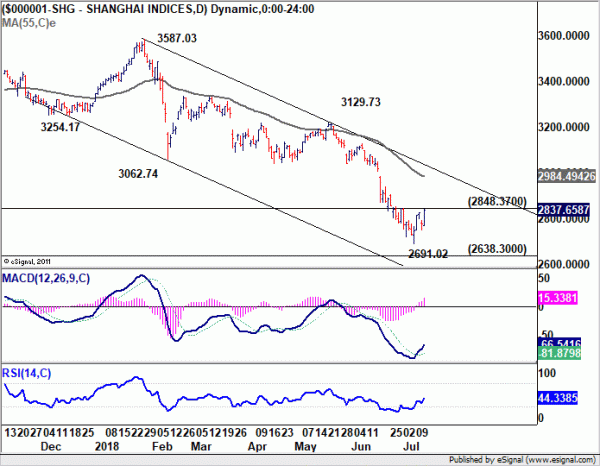

Bundesbank Weidmann told Cabinet: As political risks increase, the government should be prepared to tackle the next crisis
According to a report by Handelsblatt, Bundesbank head Jens Weidmann warned the German Federal Cabinet last week that that even though growth is still “intact”, political risks would “increase”. More importantly, Weidmann pointed to the slow down in momentum and the downward revision in 2018 growth forecasts from 2.5% to 2.0%. The drop in momentum, according to Weidmann, is a prove that “good economic development could not go on forever”. The risks include US protectionist trade policy, Brexit and new geopolitical conflicts.
Weidmann urged the government to prepare for worse times. It takes some time to normalize monetary policy. And for now, ECB “could not react in the next downturn”. And because of that, fiscal policy must take on the task should there be a new crisis. But due to their high debt levels, many Eurozone countries would also have limited ability to “cushion” a down turn.